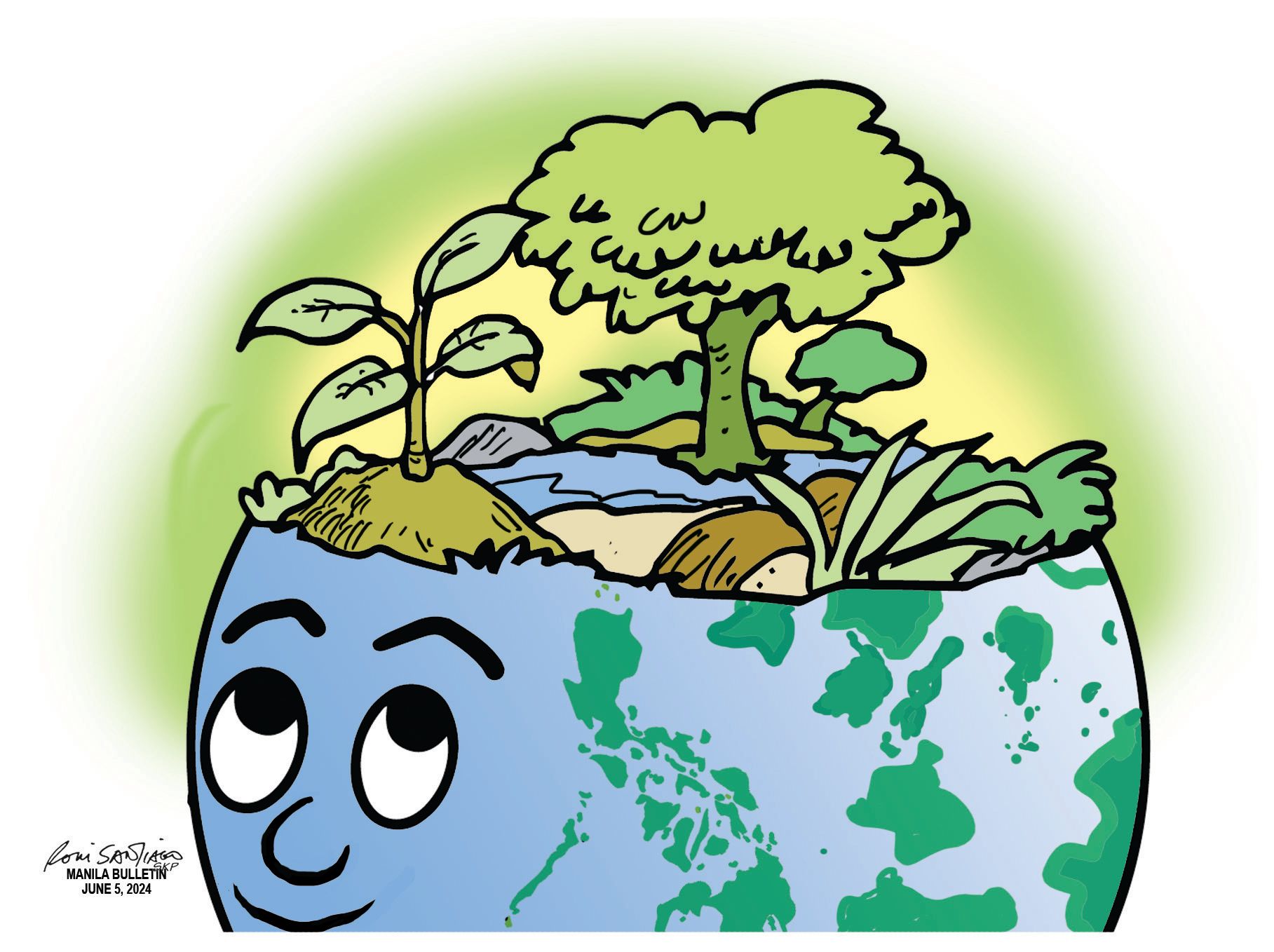
Today is World Environment Day.
This important event is observed annually every June 5 to serve as a global reminder of our collective responsibility to safeguard the environment, which is crucial for the well-being of ecosystems and all living organisms.
As our planet faces unprecedented challenges such as climate change, deforestation, pollution, and loss of biodiversity, celebrating this day becomes more crucial than ever. It underscores the importance of preserving and protecting the environment as it directly impacts humanity and the global economy.
Ecosystems — which host a wide variety of species, from tiny microorganisms to large animals — provide essential services such as clean air, fresh water, fertile soil, and climate regulation. Clean air and water are fundamental for human health and well-being. Without these, diseases spread, and quality of life deteriorates. Fertile soil, on the other hand, supports agriculture that ensures food security for billions of people worldwide.
By conserving the environment, we protect biodiversity to ensure this wide variety of species can thrive and maintain their ecological roles.
As an integral part of the ecosystem, we can take some practical steps to contribute to environmental protection.
We can develop the habit of reducing, reusing, and recycling. Reduce consumption by being mindful of what we buy. Opt for products with minimal packaging and avoid single-use plastics. Reuse items whenever possible. Repair or repurpose things instead of discarding them. Recycle materials like paper, glass, and plastic according to local recycling guidelines.
Another step is energy conservation. Turn off lights, appliances, and electronics when not in use. Use energy-efficient LED bulbs and consider installing a programmable thermostat. Unplug chargers and devices when they’re not actively charging.
Saving water is another practical step. Fix leaky faucets promptly. Take shorter showers and collect rainwater for plants. Use water-saving appliances and fixtures.
We can also plant trees and other types of plants to help protect the environment. Trees absorb carbon dioxide and release oxygen. So, participate in tree-planting initiatives. Choose native plants for the garden. They require less water and support local wildlife.
Using public transportation or carpooling is another measure that contributes to environmental protection. By using public transit, biking, or carpooling, we help reduce carbon footprint. If using a privately-owned vehicle, maintain it properly to improve fuel efficiency.
Be mindful of water pollution. Dispose of hazardous chemicals properly. Avoid pouring them down drains. Use eco-friendly cleaning products. Participate in local clean-up events near rivers, lakes, and beaches.
Advocate for change. Stay informed about environmental issues. Support policies and initiatives that promote sustainability. Encourage others to take action and raise awareness. Remember, even small actions collectively make a significant impact. Let’s all play our part in protecting our planet!
Environmental challenges transcend national borders and celebrating this day fosters international cooperation. Agreements like the Paris Agreement and the Convention on Biological Diversity demonstrate the global commitment to environmental protection. Collaborative efforts lead to innovative solutions, technological advancements, and economic growth.
World Environment Day serves as a rallying point for collective action. By celebrating it, we acknowledge that a healthy environment is essential for our survival, prosperity, and well-being. Let us commit to protecting our planet, not just today, but every day, for the sake of humanity and the global economy.